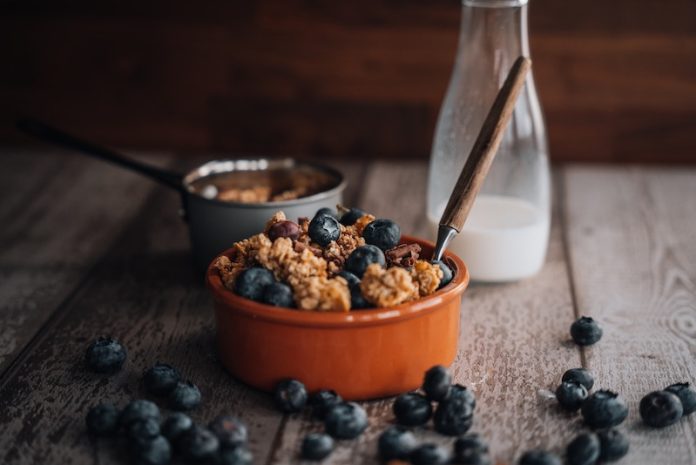
The term “junk food” usually refers to food that is not nutritious and considered unhealthy. However, the actual definition of such food varies from person to person.
Official dietary guides have termed them as “discretionary foods” or “sometimes foods,” indicating that these should be consumed less frequently.
To make healthier food choices, understanding what is meant by “ultra-processed foods” is crucial.
Ultra-Processed Foods Unveiled
Defining Ultra-Processed Foods
Ultra-processed foods undergo industrial processing, and they contain ingredients that a typical household kitchen wouldn’t have.
Such foods are created using methods like extrusion, moulding, and chemical modification, which often aren’t disclosed on food labels, making them hard to identify.
They contain both industrial food substances and cosmetic additives which make them appear and taste better.
Identifying Ultra-Processed Foods
While it’s challenging to recognize ultra-processed foods due to lack of information on labels, one can start by reading the ingredient list.
Substances such as maltodextrin, hydrogenated oils, inulin, and cosmetic additives like colors, flavors, and non-caloric sweeteners classify a food as ultra-processed.
Examples of Ultra-Processed Foods
Many foods, which are often marketed as healthy, are ultra-processed. Some of these include certain breakfast cereals, protein and muesli bars, plant-based ‘milks,’ some breads, flavored yogurts, meal bases and sauces, processed meats, and margarine.
It’s important to check ingredient lists and choose less processed alternatives whenever possible, such as plain yogurts instead of flavored ones, and fresh bakery breads instead of packaged ones.
The Impact on Health and Environment
Health Concerns
Consuming ultra-processed foods has been linked to various health issues, including heart diseases, diabetes, and obesity.
Despite some ultra-processed foods appearing healthier due to fewer industrial ingredients or less sugar, they may still be harmful.
A considerable amount of Australians’ energy, up to 42%, comes from these foods, and the cumulative effect of such foods over the entire diet is still unknown.
Environmental Concerns
Beyond health, the consumption of ultra-processed foods also affects planetary health, contributing to plastic pollution, excessive energy and land use, and biodiversity loss.
Choosing Wisely
Understanding the prevalence of ultra-processed foods is crucial when planning meals and making purchasing decisions.
These foods often displace more nutritious, fresh foods from our diet, and minimizing their consumption is a step toward healthier, more sustainable living.
There are online databases available to guide food choices, and opting for minimally processed foods when possible is advised.
While some ultra-processed foods are seemingly unavoidable due to the domination of such products in supermarkets and restrictions like availability, allergies, or dietary intolerance, everyone can make positive adjustments to their diet by choosing less processed, more nutritious foods.
Beyond individual choices, governments can also play a pivotal role in promoting healthier food options by making minimally processed foods more available and affordable and by discouraging the purchase and consumption of ultra-processed foods.
Explore More
If you are curious to know more about healthier food options and making informed food choices, there are several online resources and databases that provide ratings and information on specific products to guide you in the right direction.
By opting for less processed and more nutritious foods, we all can contribute to not only our well-being but also to a healthier planet.
Follow us on Twitter for more articles about this topic.
Copyright © 2023 Scientific Diet. All rights reserved.








